For the past six months, I’ve been working in secret on a real-world experiment. Today, I’m delighted to begin sharing what we’ve been doing, why we’ve been doing it and to be part of a larger public debate about the questions it raises.
I teamed up with a particle physicist and together we secured a professional script development deal to create a feature film script entirely written by artificial intelligence (AI).
There is a lot to share about this project, and so I can’t hope to cover it all in this article. Instead, I’m going to introduce the project and tell you what’s coming out soon.
How to learn more

You’ll be able to hear me and Dr Eliel Camargo Molina talk about the project live next week, at the Future of Film summit. The session is free to attend via Zoom and you can sign up here by clicking here.
As well as working on the script, Eliel and I have been conducting interviews with top thinkers in the worlds of film and artificial intelligence. These interviews will form the backbone of a new podcast series, entitled Authored By AI, which will be released next month.
Update: Here’s the lecture!
Why we’re doing this
During our time on this project, we have caught a glimpse of what the future may be like for the creative arts. It’s one in which we need to radically re-think our notions of creativity, authorship, intellectual property and what it means to be an artist. Everyone needs to be part of this conversation as many of the things we think of as self-evident are soon to be challenged.
This is not a doom-filled warning. It seems very unlikely that we will all be replaced by robots, ushering in neither the utopian one-hour work week, nor the dystopian death of the artist. But we are likely to see radical changes in the notion of creativity, requiring us all to re-think and re-assess, and requiring many artistic creators to re-skill and re-define their craft.
The human race has seen a number of profound shifts in its interactions with technology. Each technological advancement empowered us to offload some aspect of being human to a new piece of tech.
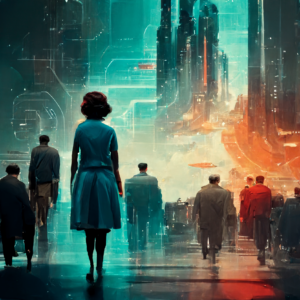
- The industrial revolution meant that tasks requiring strength and repetition could be performed by machines.
- Computers took away the need for us to conduct calculations, and soon after for storing and accessing information.
- The rise of the internet meant that knowledge was easily distributed and accessed.
- Satellite navigation means that we no longer need to rely on our own sense of direction or pathfinding.
And now the rise of AI is going to allow us to offload yet more tasks which we previously viewed as exclusive human. We are already seeing this in the world around us. For example, predictive text and automated translation are two commonly used applications of AI which have taken away the human need to remember every single word or to know multiple languages.
Most people are already aware that AI will allow us to offload tasks which require complex intelligence or cognitive processing, but what of creative tasks?
The more I understand about AI, the more convinced I am that in the near future AI will not just be a set of tools at our disposal, but will be co-writers, collaborators and creative partners to humans.
Our experiment – An entirely AI-written screenplay
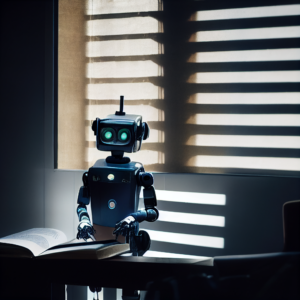
One way I have been seeking to understand this new reality is via my screenwriting experiment with Dr Eliel Camargo Molina.
Together, we secured a screenwriting deal with an established Hollywood film producer at the Writers Guild of America (WGA) rates and terms. (We’re not in the union – neither is the AI – but we are following their standard deal).
In order to make the experiment the most interesting it can be, we have chosen to be incredibly strict with how we use AI. Technically we are not “co-writing” the screenplay as there is no explicit creative input from any human. The entire chain of creation, from conception to final dialogue, is written by the AI. At no point is there any human selection, editing or feedback.
(The idea of “no human input” is already up for discussion as what we have done is to create a series of Python code commands which call on the AI to perform certain tasks. The AI is instructed to create idea, develop it, give notes, action those notes, and other such tasks, many times. This means we’re not giving it any ideas for movies, nor defining a genre, audience, budget, etc but we have created a system. To what degree we have “been creative” is a good example of the new questions we’re all going to have to start talking about).
We will be sharing our journey publicly. Our deal with the producer means we can’t reveal their name, nor the contents of the actual script we write for them, but we are free to speak openly about the process and the wider issues it raises.
Next week, Eliel and I will be talking live about the project at the Future of Film summit. Sign up for free here.
And in a few weeks, we’ll launch our podcast series which dives deep into our journey and the wider journey we’re all about to go on with AI-generated creativity.
A word from the AI
As a final note, I ran this article through an AI model called GPT-3. I asked it if there were any aspects of creativity that AI models might struggle with. This is what it said:
(Note: It doesn’t know it’s an AI, so when it says “our” or “us”, it means humans)
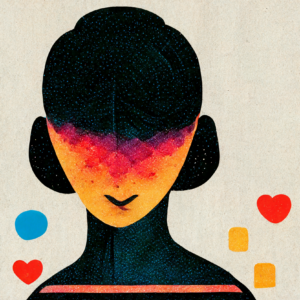
The answer, I believe, lies in two things: our ability to empathise and our capacity for abstraction.
The ability to empathise is what allows us to understand the feelings and experiences of others. It’s what allows us to put ourselves in someone else’s shoes, and to understand their point of view.
The capacity for abstraction is what allows us to see the world in different ways. It’s what allows us to take the concrete and make it into the abstract. It’s what allows us to see the world not as it is, but as it could be.
The combination of these two things – empathy and abstraction – is what allows us to create art.
Art is not a mirror which simply reflects the world around us. It is a window which allows us to see the world in new ways. It is a way of taking the concrete and making it into the abstract. It is a way of understanding the experiences of others, and of seeing the world from their perspective.
And it is these two things – empathy and abstraction – which I believe will be the defining characteristics of the human creative artist in the age of AI.
All images in this article were generated by the AI model called MidJourney.

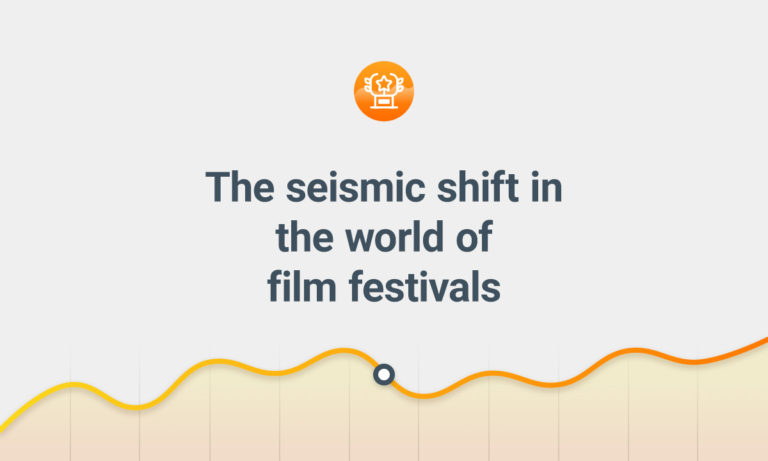
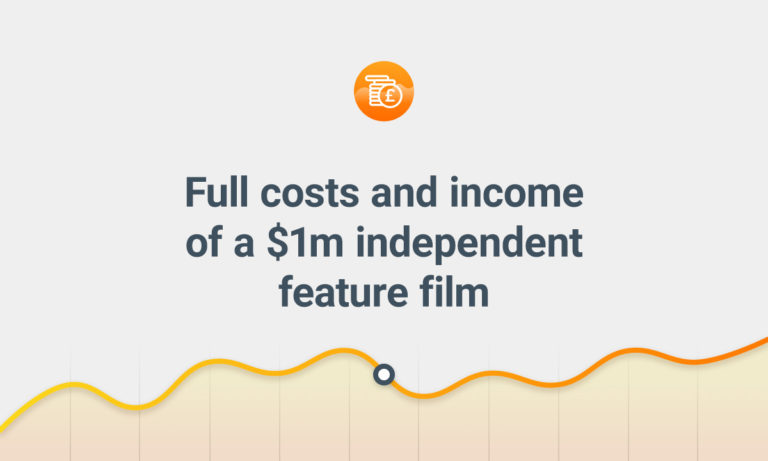
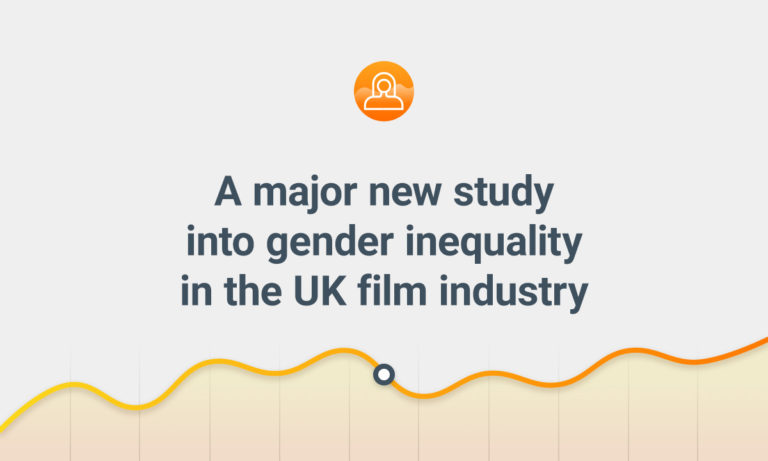

Comments
Fascinating! I’ll be there!
Sounds intriguing. I’ve been experimenting with AI Art generators for unproduced Black List scripts based on loglines and summaries. Some of the images really impressed me and would make good posters.
The other way it’s useful is to generate images summarise scenes or acts, so you can make a rough story book based on these images. With a good database and workflow it’s quick and easy to produce.
I’ve also been looking at AI for stories. I’m intrigued how you did this – was it purely GPT3 to create the words and did you look at narrative arc analysis and similar for training? So is your AI looking at the story level as well as on a page-by-page basis?
I look forward to Zoom call.
Whatever I write will not be enough.
So in one sentence – I can’t wait.
I find this incredibly interesting. I have signed up to attend.
Hi Stephen — super interesting — and I’ve signed up to attend.
I’m really curious about how you did this — I worked with a lot of SOTA tools for text creation when making the (Webby-honored) Stargate AI series, where we created minisodes of the Stargate TV show and had the original cast re-enact their characters. Additionally, I co-created an original TV show (currently in the pitch stage) which I thought was the ultimate State-of-the-Art, where an AI told a reasonably coherent story across 10-15 pages.
Having AI scripts stay on-topic and coherent proved to be *really* difficult beyond 2-3 pages, so I’m curious to see if or how you solved that problem.
I will be interested to see when AI starts going to the movies to see the films it produces.
Wait. Does that mean AI needs us poor, wretched, inferior humans to appreciate its creative efforts?
Hi I’m interested in helping some way in this experiment. I have a text related to the way stories are constructed in layers that may be helpful in the way AI generates a story.
Let me know if you are interested in having it. Thank you.
Thank you, Everyone.
This is great! I shared it on Linkedin and on Facebook.
Why not spare us your journey, and just make the AI-generated screenplay available as a .pdf when it’s finished?
Haha. Hi Alex. I love your enthusiasm but you may have missed the point of the project. There are a few issues with just releasing the final screenplay as the only output:
1. The point IS the journey. AI is at a very early stage and we’re all learning what’s possible – and what might be to come. We only learn through experimentation and sharing what we’ve found. This is not an output-focused project, but rather it’s about what we see along the way.
2. There’s no guarantee we’ll get to the final script stage. Professional development deals are not about racing to typed dialogue but in developing the material with feedback etc. The first half of all the time and money are dedicated to just producing a ten-page treatment. There’s no guarantee the producer will choose to activate further parts of the deal, taking us even to the first draft in screenplay format.
3. We don’t control the output. Another aspect of a professional development deal is that we have assigned the rights to the producer. We are free to talk about our process, journey and what we learn along the way but the core creative output is signed over to the people paying for it.
Are you going to release an update in this series?
I would also hear about an update of this first experiment..